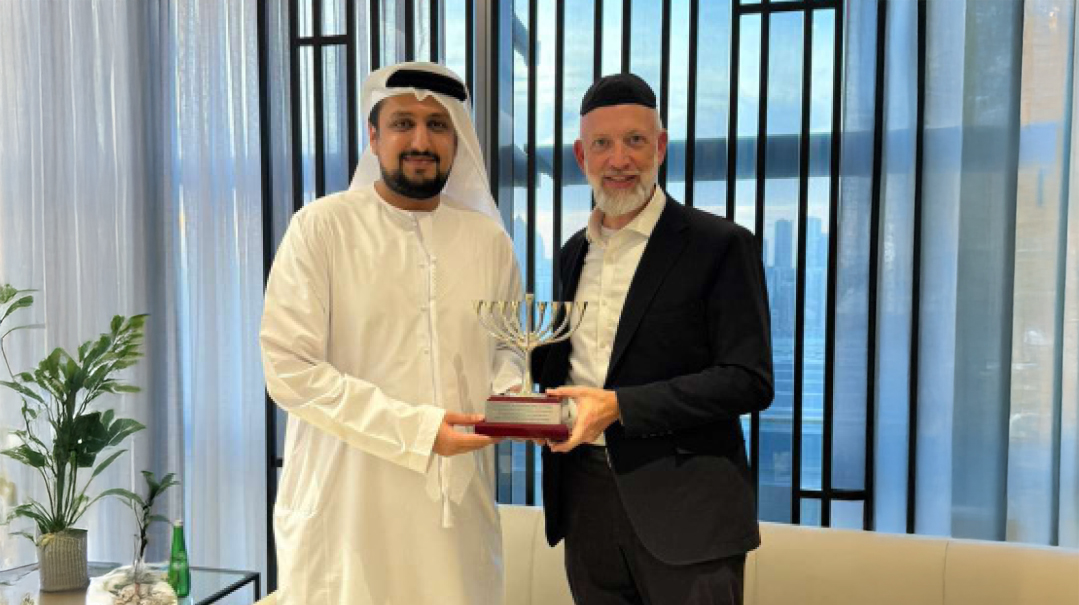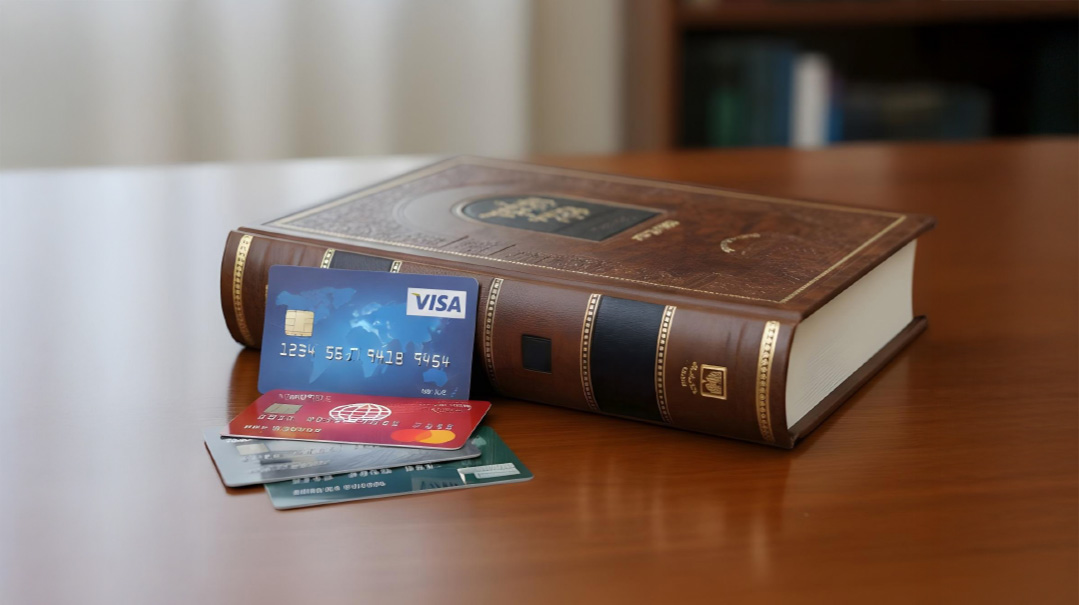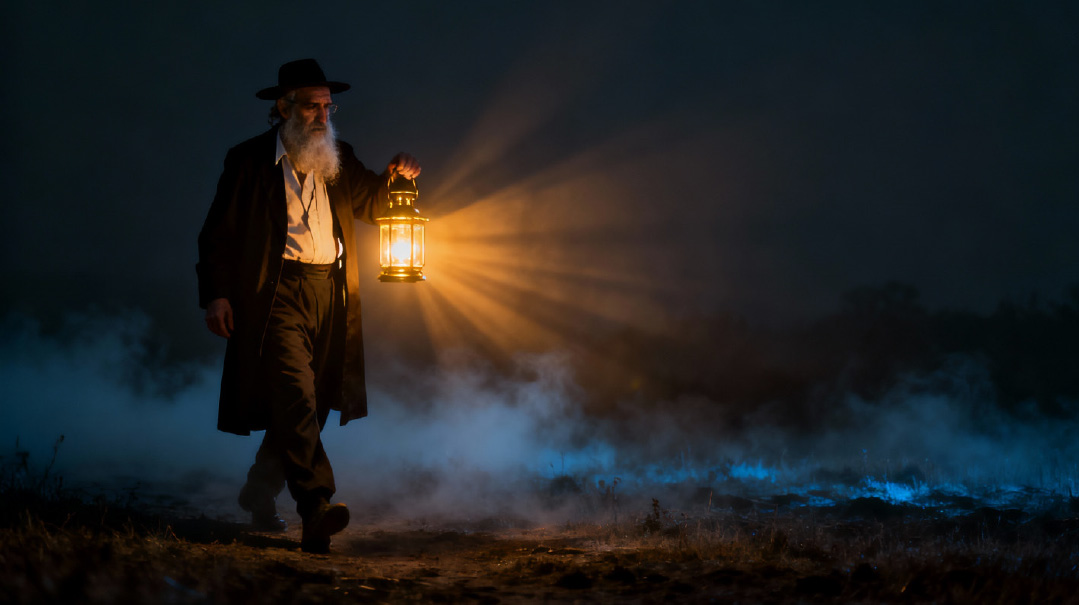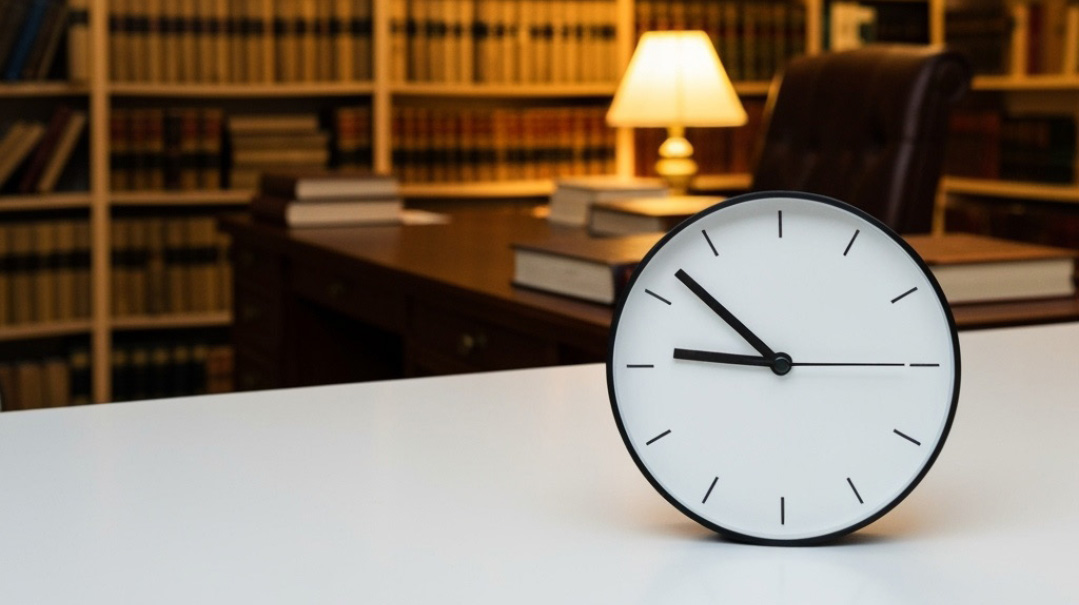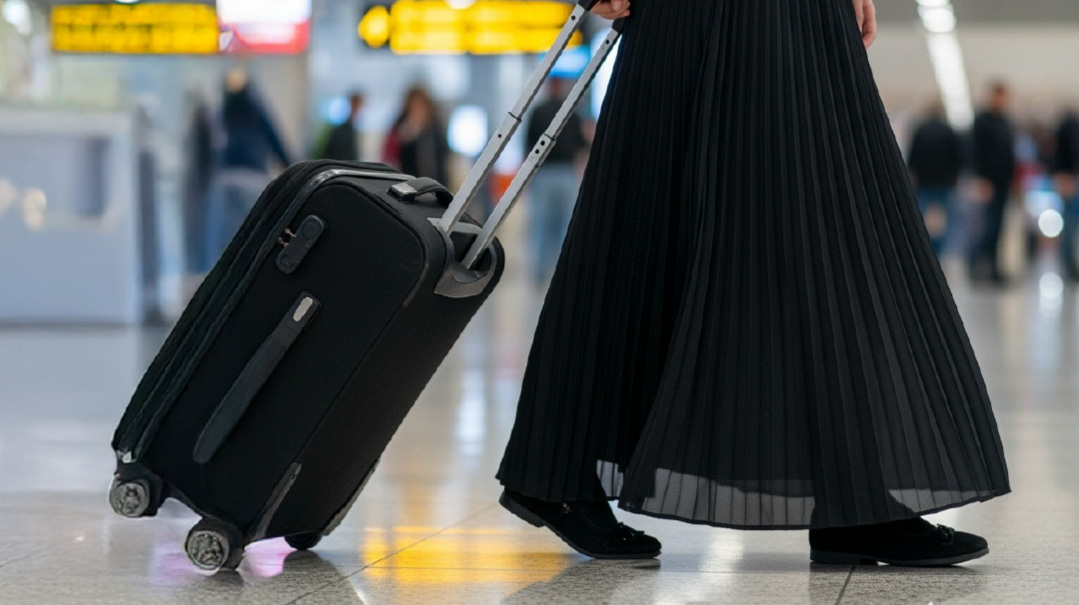The Road Not Taken

How would we have grown living the kind of spiritually permeated life that can only exist in Israel?
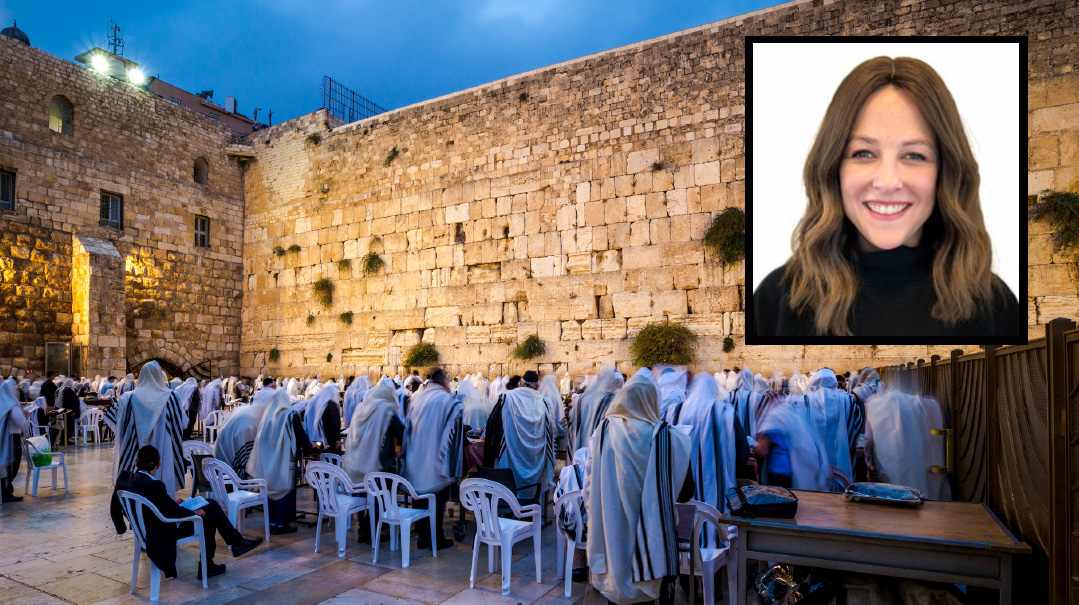
While not terribly sentimental about birthdays and anniversaries, I am nostalgic about the journey of my life, often letting my mind wander over what could have been had I made certain decisions to do things differently. Mix that with a measure of idealism, and the inner wanderlust for a life I consciously decided not to lead, but still admire, makes surprise appearances from time to time.
Maybe I should have known better. I knew I’d have to deal with lots of feelings if I listened to a podcast episode entitled “Living in Israel vs. Living in America,” episode two of the new Meaningful Minute podcast titled “Two Cents with the Bensoussan Brothers.” But I listened anyway. (I mean, how could you not listen to a podcast hosted by the Bensoussan brothers?)
While my husband and I never lived in Israel, besides our time learning there before we met, so much of Rabbi Ari and Rabbi Yossi’s reflections resonated. From my time spent in Israel as a seminary student, and all the summers I had spent there visiting my cousins, Israel played a formative role in my emerging identity as a teenager and young adult. The learning that took place was experiential. I learned that Eretz Yisrael is a holy land, unlike any other country; our history, our beliefs and our Torah are part of the very land; children belong outdoors in the sun and fresh air; living a life with Yiddishkeit at its center is everything; values are more important than things. The Land of Israel is rich and beautiful with sights and smells, tiyulim and experiences. The Land becomes a part of you, and you become a part of the Land. When I would return after spending my summers with my family, and then later learning on the NCSY summer program Michlelet, my parents never failed to remark driving home from the airport that Israel had rubbed off on me. It had changed me, just being there. Maybe it was because I was coming back from the place I really belonged.
When I got engaged and my chassan brought up the question about starting off in Israel for a year or so, I immediately shot it down. My pragmatism beat my idealism. I countered that I would be supporting the family as a teacher, and I couldn’t possibly teach English in an Israeli school. And that was it. Long term, we had agreed that we felt we could contribute the most here in the States. Besides, I struggled with the idea of trying to find the right community that most accurately reflected our hashkafah and wondered about what system we would choose to educate our future children. So, America it was. Ultimately, we had both taken what we had gained from our Israel experiences and were ready to put it to use.
When Rabbis Ari and Yossi reflected on their decade-plus stay in the Holy Land, the things they missed most about everyday life, and the values that permeate the lifestyle there, I felt a dormant part of me being slowly nudged awake. I had put away similar experiences and feelings about Eretz Yisrael in a box somewhere in the basement that says, “Old Life, the One You’re Not Leading.” The conversation was difficult enough for the two of them — Rabbi Yossi said multiple times that he didn’t realize how hard bringing up these memories and feelings would be for him. On more than one occasion the brothers tripped up — broken voices, dewy eyes. While their experiences were not mine — the joy of shopping for your family Erev Shabbos at the shuk, giving eight excuses to anyone who sees you driving a car because over there, people are self-conscious about “going too fancy” — I understood exactly what they meant. I have a conscious reference point chiseled in my mind, and it will always be a part of who I am and what I value. “The country is living your life. You can never forget that Rosh Chodesh is coming. Everything — your religion — is infused with so much meaning… There’s a part of my heart that’s still out there,” Rabbi Yossi said. I get it.
So I can’t help but wonder: How would my children have thrived being raised in the Holy Land? Would they be less impacted by technology and consumerism? Would they feel a stronger connection and pride about being Jewish? Would their lives be simpler? Would their Torah be vaster and deeper? Would they have grown in ways I can’t even fathom? Or would they be equally challenged in many of the same ways they are here — and maybe more — because galus is galus?
And perhaps the more difficult question: How would we be different? How would we have grown living the kind of spiritually permeated life that could only exist in Israel? Or would it have been too hard, and we’d be back where we started?
MAYBE I’M FEELING PARTICULARLY PARCHED due to COVID. I’m still struggling with the after-effects of too-much-screen time with my kids from lockdown days. We’ve fallen into some bad habits that are hard to break. Sending the kids loose to run around the neighborhood ginah, as Rabbis Ari and Yossi reminisced, sounds pretty good right now. In addition, my sense of community — shul, communal gatherings, Shabbos meals with guests — which usually infuses my religious life with such joy and meaning, has been hit hard. It takes time to repair and rebuild. Along the way, I did learn that my religious identity, stripped of how it relates to others, is essentially between me and myself, and me and G-d. How I observe in the four walls of my home is the true litmus test of my commitment to mitzvos and my relationship with Hashem. So that has been humbling. Nonetheless, I wish I could say that I regularly feel the level of connection that seems to come with the very air one breathes in Eretz Yisrael.
Some comfort came with the acknowledgment that maybe the challenge of staying connected is simply a feature of being a Jew in chutz l’Aretz, and I’m not alone. “It’s so easy to be frum [in Israel],” Rabbi Yossi said. “It’s so easy to enjoy Yiddishkeit over there. One thing someone said to my wife when we were leaving: Now you’re going to finally realize what it means to sacrifice to be Jews. In Israel you know you’re a Jew.”
Rabbi Ari shared a moving story of when he was struggling with the decision to move back to the States to take a challenging position impacting the American Jewish community. With a broken heart, he opened a Chumash and “randomly” opened to parshas Korach (18:20), where he read the message Hashem gave to Aharon regarding the division of the Land. Being a Levi himself, Rabbi Bensoussan took the words of the pasuk to heart: “Hashem said to Aharon, ‘In their Land you shall have no heritage (nachalah), and a share (chelek) you shall not have among them; I am your share and your heritage among the Children of Israel.’” He got his answer.
We made a conscious decision from the beginning to live in America and raise our children here, with all its challenges. There are myriad challenges unique to Eretz Yisrael, and while Israel certainly brings out my idealistic, spiritually striving nature, I’m very much a realist when it comes to the struggles people face living there. Parts of me feel most at home in Israel, spiritually and physically, but there are equal parts that fit best here in America. I’ll go through years not even thinking about it, but something like the discussion I heard on the podcast will bring back all the feelings. I know something is missing as I live my day-to-day life in a town in Ohio called University Heights. Yet I’d like to hope we live here for the same reason Rabbi Ari decided to move back to America: your nachalah is among Bnei Yisrael.
Our oldest child is going to Eretz Yisrael to learn next year, G-d willing. Thinking about him getting to know his homeland makes me think of my own formative experiences. It also reopens that gaping hole and schleps up the sealed box from the basement. Our hope is that he will forge his own relationship with Israel and find a spiritual connection to the land, people, values and Torah of Eretz Yisrael. One can’t replicate another’s journey. He’ll need to go on his own. But I know learning in Israel is one of the most powerful ways to develop a rich inner life where values and beliefs are formed and a relationship with Hashem is strengthened in the warmth of one’s spiritual homeland.
May we all return soon, speedily in our days.
Alexandra Fleksher is an educator, a published writer on Jewish contemporary issues, and an active member of her Jewish community in Cleveland, Ohio.
Originally featured in Mishpacha, Issue 861.
Oops! We could not locate your form.







